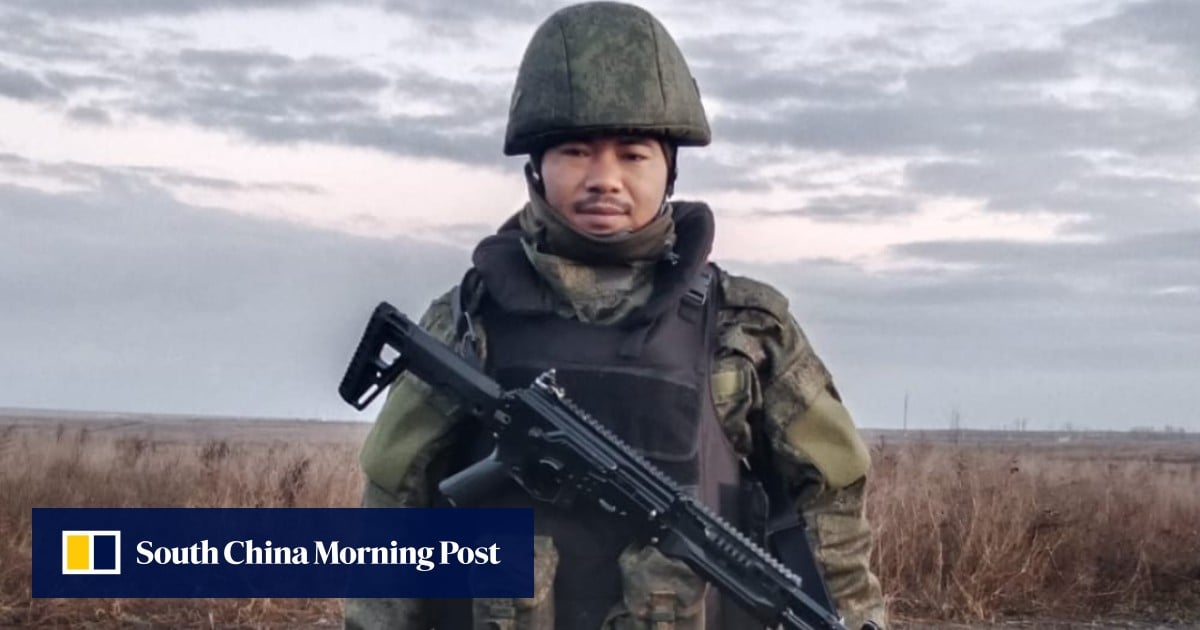The escape cost Thapa 600,000 rupees (US$4,500), money he did not have and had to borrow from home.
Nepal asks Russia to stop recruiting its citizens as mercenaries after deaths
Nepal asks Russia to stop recruiting its citizens as mercenaries after deaths
“I had so many hopes when going to Russia, but it didn’t turn out to be anything like I thought,” Thapa, 35, said. “I lost so much money, but I’m happy to come back alive.”
But others were tricked into the war zone by unscrupulous agents, according to six Nepali soldiers and the family members of those still in Russia, who told This Week in Asia they had taken out loans or poured their life savings into the endeavour in the hopes of making a higher return.
Now, disillusioned men like Thapa are making the harrowing journey back.
Nepalis who do make it back from the conflict – which has claimed the lives of at least 31,000 Ukrainian soldiers and an estimated 300,000 or more on the Russian side according to US intelligence reports – are returning with war wounds, trauma and mountains of additional debt. Many still in Russia are missing, presumed dead, wounded, or waiting to escape.
Given the illegal routes Nepalis took to fight in the Russian army – some also went to fight for Ukraine – their number remains hard to pin down.
Returnees and those still in Russia, quoting their Russian commanders, put the number at around 8,000 to 14,700 Nepalis, with hundreds more having been injured or killed.
Nepal’s foreign ministry, citing family members in contact with the government, only estimates that a little over 200 Nepalis are fighting in the Russian army. At least 12 have been confirmed dead, though none of the bodies had been repatriated, the ministry said.
“Many have joined the Russian army voluntarily, but the government has not given up its responsibility to save its people,” said Amrit Bahadur Rai, a spokesman for Nepal’s Ministry of Foreign Affairs.
“We are in communication with the Russian government to send back those serving in Russian army and stop recruiting Nepalis.”
This Week in Asia’s emails to Russia’s foreign and defence ministries went unanswered.
Russia bound
When Thapa, who is from mid-west Nepal, heard about the Russian recruitment drive through an agent, he was unemployed and surviving by occasionally driving an autorickshaw.
When an agent approached him offering a 60,000-rouble (US$657) monthly salary plus 195,000 rouble-signing bonus to be a cook in the Russian army, Thapa jumped at the chance. Some recruits were promised higher sums.
The minimum wage for a similar job in Nepal is 17,300 rupees (US$130) a month.
“I knew about the war, but I thought working as a cook would be low risk,” Thapa said. “The Russians were happy to see Nepali recruits coming.”
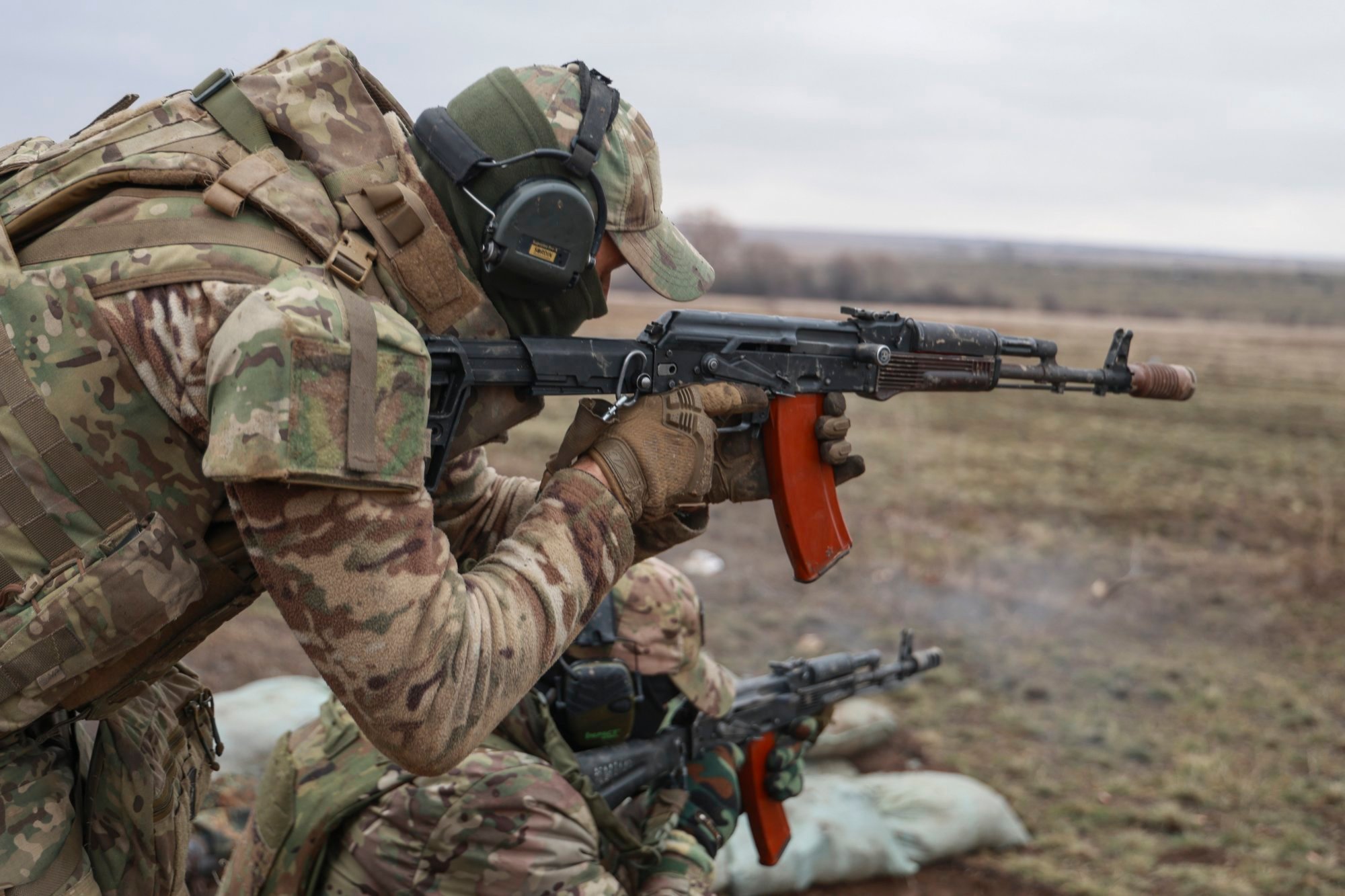
Thapa said new recruits first completed a medical examination to determine their fitness and were sent to the front lines after about 15 days’ training. He was told in the camp he would have to fight in Bakhmut, but the language barrier made it a challenge to follow orders.
“We were really scared, our life was at risk,” he said, adding he is yet to receive his three months’ salary.
Another recruit who escaped to Nepal in early February said his training lasted about 20 days. He travelled on a tourist visa without the help of agents, months before Nepal in January banned its citizens from travelling to Russia and Ukraine for work.
“I was lured by the money,” Sangam – not his real name – said of the 195,000-rouble monthly salary, adding that his brother and friends in the Russian army encouraged him to join. But Sangam decided not to sign a contract after the training. He said he missed his family back home and did not want to die in a foreign war.
Our biggest mistake is that we go to Russia without much information about the war … It is a dangerous place, and so many Nepalis want to return
Since December, police in Nepal have arrested at least 14 people suspected of illegally sending Nepali men to Russia via third countries.
“Our biggest mistake is that we go to Russia without much information about the war,” Sangam said. “It is a dangerous place, and so many Nepalis want to return.”
Nepal bans China’s TikTok for ‘disturbing social harmony’
Nepal bans China’s TikTok for ‘disturbing social harmony’
While agents have exploited Nepal’s unemployed youth, Thapa and Sangam said they also blamed social media for glamorising life in the Russian army.
“They tempted us to join,” said Thapa, who has three relatives still in Russia. “The Nepalis who went there first spoke highly of the job. We listened to their stories and thought we would make money despite the risks. I’m glad I’ve stopped my brother from going to Russia.”
Country of migrants
Human labour is one of Nepal’s largest exports, with thousands of its citizens flocking to foreign lands to build skyscrapers, staff restaurants and factories, and work as domestic helpers.
The country’s unemployment rate was 11.1 per cent in 2022, according to the latest available figures, but youth unemployment was nearly double that – and both were higher in the previous two years.
Vast inequality, low wages and a lack of opportunities have forced many to look abroad.
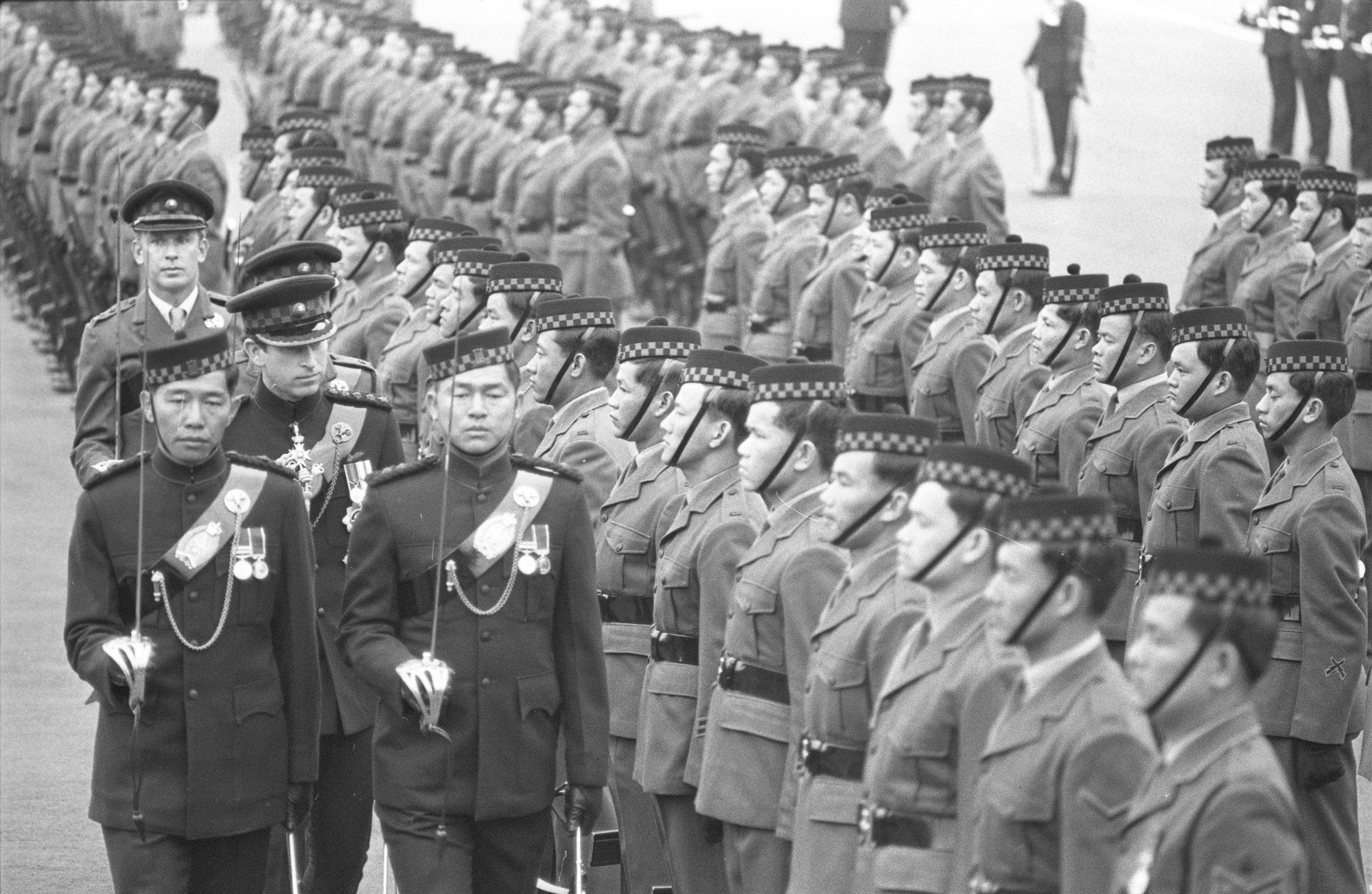
An estimated 2,000 Nepalis leave the country daily, with their remittances contributing greatly to their homeland’s foreign currency reserves. While many seek work in the Gulf and Malaysia, Nepali men have also historically served as soldiers in the British and Indian armies for better pay and prestige.
The British, impressed by Nepalis’ bravery during the 1814-1816 Anglo-Nepal War, started recruiting them soon afterwards. In the years since, the famed Gurkhas have fought in both world wars, and more recently in Iraq and Afghanistan.
“Those going to the British army were under the state’s agreement and had security guarantees and benefits, including family welfare and pensions,” said Arjun Kharel, an assistant professor of sociology at Kathmandu’s Tribhuvan University and a research fellow at the Centre for the Study of Labour and Mobility.
“But those going to the Russian army are going illegally without much risk assessments for presumed better opportunities.”
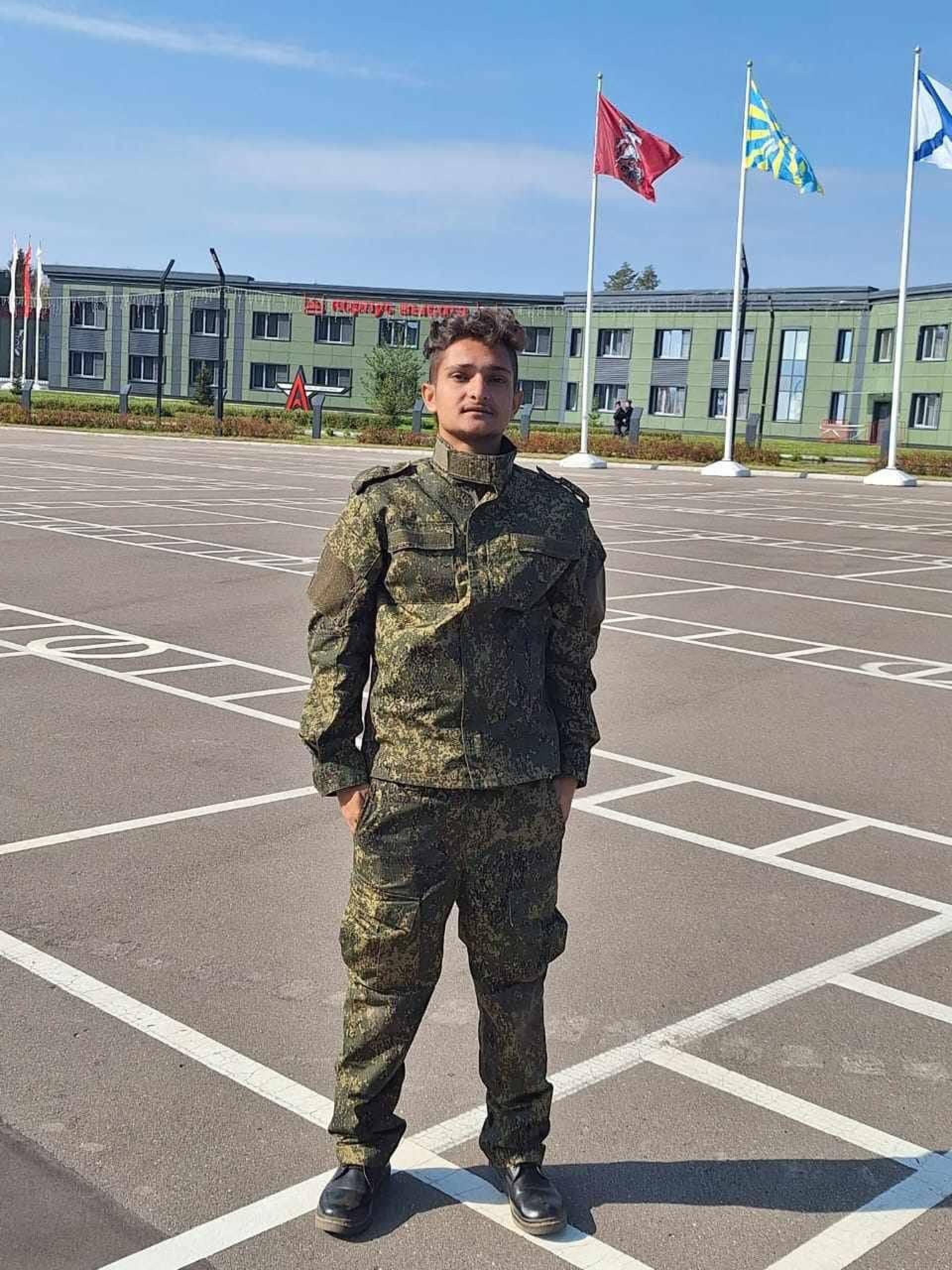
Families across Nepal are desperately trying to trace their young relatives stuck in combat zones.
In Kathmandu, Nawaraj Dhakal said his cousin Siddhartha travelled to Russia to study agriculture last autumn. The family only discovered the 22-year-old had joined the army after a viral TikTok video in December showed him as a prisoner of war in Ukraine.
“He found the university through an agent, but they did not deposit his tuition money to the school,” Dhakal said. “So his options were to return to Nepal or go to the army.”
In another three-minute video against the backdrop of the Ukrainian flag, Siddhartha said he joined the Russian military for money.
“Russian army is bad and don’t give us any freedom … those preparing to come from Nepal, don’t come to risk your life,” Siddhartha says. “I don’t know what will happen to me here.”
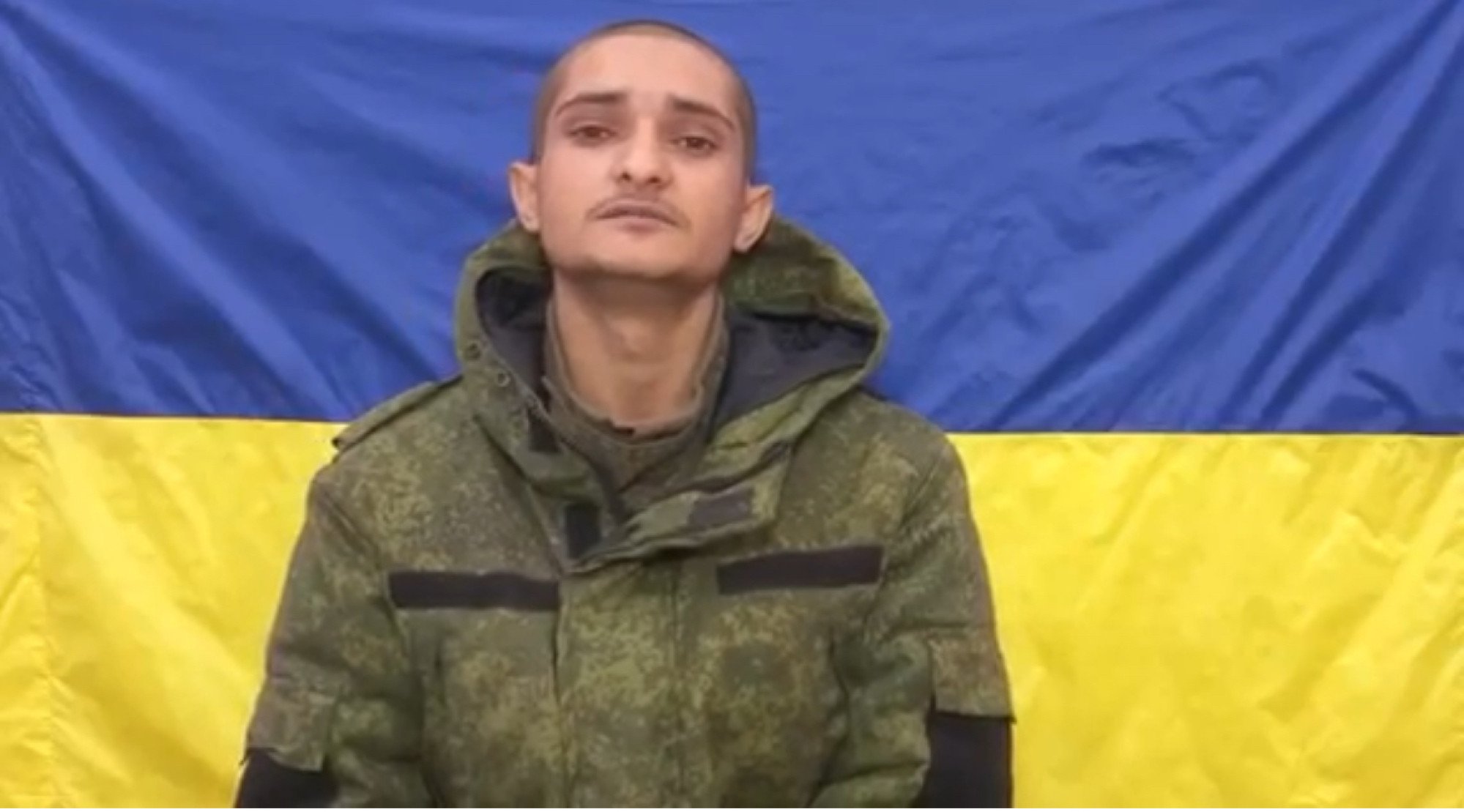
Petro Yatsenko, representative of Ukraine’s Coordination Headquarters for the Treatment of Prisoners of War, told This Week in Asia that captured men were treated humanely with adequate food and medical care, as per international humanitarian law.
But their legal status as guns-for-hire is precarious.
“Mercenaries participate in an armed conflict illegally,” Yatsenko said, responding to a question about the possible release of Nepali prisoners of war.
“They are not citizens or military personnel of a belligerent state and they can be tried for the very fact of such participation.”
Ukraine’s Zelensky says 31,000 soldiers killed in first official toll
Ukraine’s Zelensky says 31,000 soldiers killed in first official toll
Injured and hospitalised in Russia, a Nepali man in his early 20s, who wished to remain anonymous, echoed the experience of Siddhartha.
He left the Nepali army for Russia last year due to financial issues at home and was soon sent to Donske in Crimea, which Russia annexed in 2014, leading to blast-related injuries.
“I’ve seen friends die on the battlefield,” he said. “I hear drones and blasts while asleep. I just want my salary and compensation and to return home, but I don’t know if I’ll be able to.”
He said many Nepalis had died or were wounded and likely to return with disabilities. Unverified photos shared with This Week in Asia showed injured men, who he claimed were Nepalis, in hospital beds.
“I want to tell other Nepalis to not come to Russia. But people are not listening and still falling for it watching TikTok videos. They are taking it as a joke.”
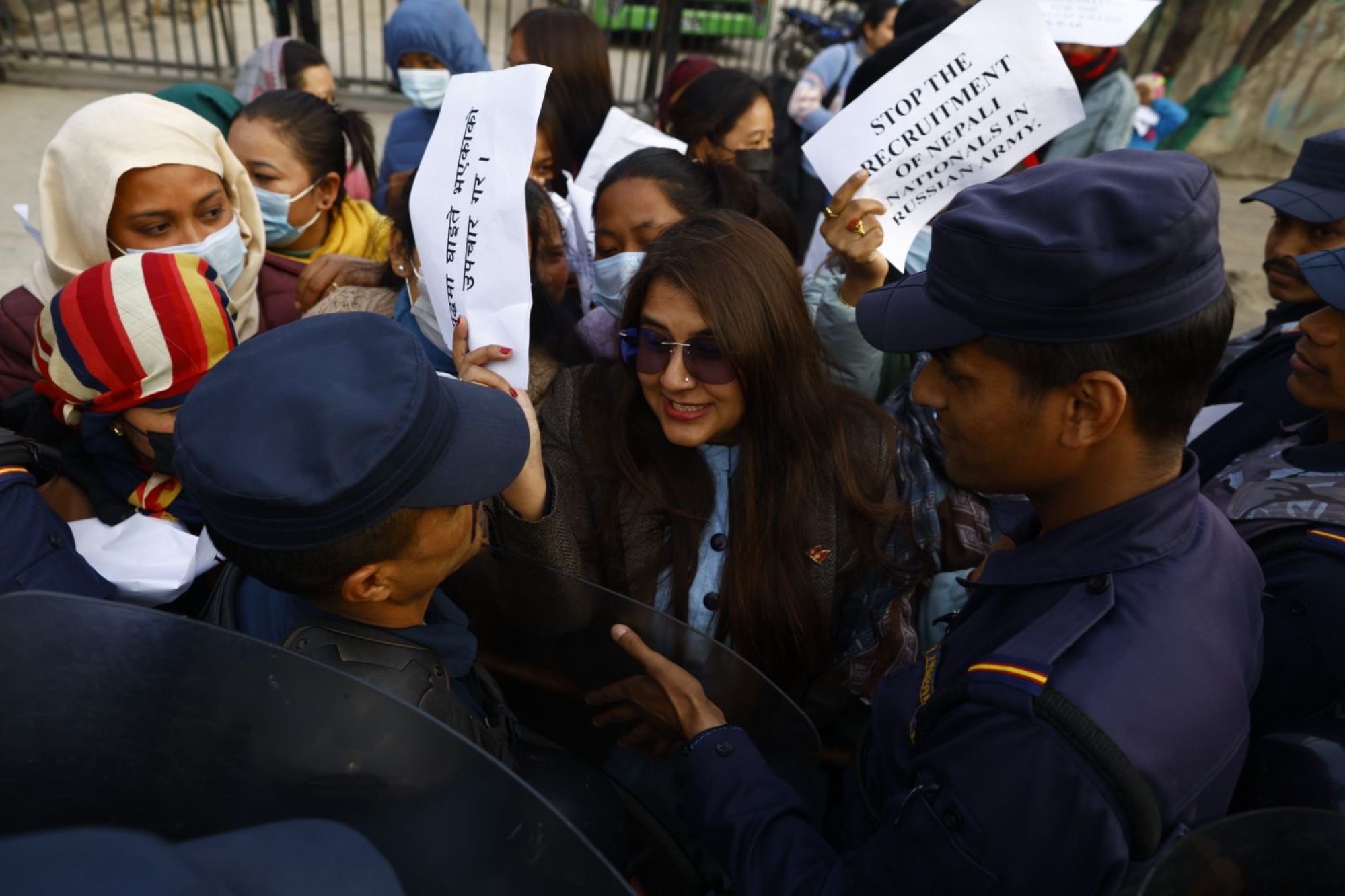
Looking for closure
On a sunny spring afternoon at a Kathmandu restaurant, politician Kritu Bhandari greeted several family members of those missing or presumed dead in Russia. They have been campaigning for information from the governments of Nepal and Russian but say they are disappointed in the lack of urgency.
Bhandari says she has collected the details of some 1,000 men who served in the Russian army – 16 of whom are dead, 116 injured and 272 uncontactable – from their families and is pushing for compensation for the dead and injured.
In February, the Russian government agreed to pay compensation for Nepalis killed in the Ukraine war, but so far none of the deceased’s family members have received any money.
Putin signed a decree last year to pay 5 million roubles (US$54,700) to the families of soldiers killed in Ukraine and 3 million roubles to those who were injured, but it is unclear if foreign soldiers are eligible.
Nepal’s foreign minister, citing his Russian counterpart, told The Kathmandu Post newspaper in January that the families of Nepalis killed in the war would receive 7 million rupees (US$52,000).
Meanwhile, the families of the dead and missing are left with grief, fear and diminishing hope.
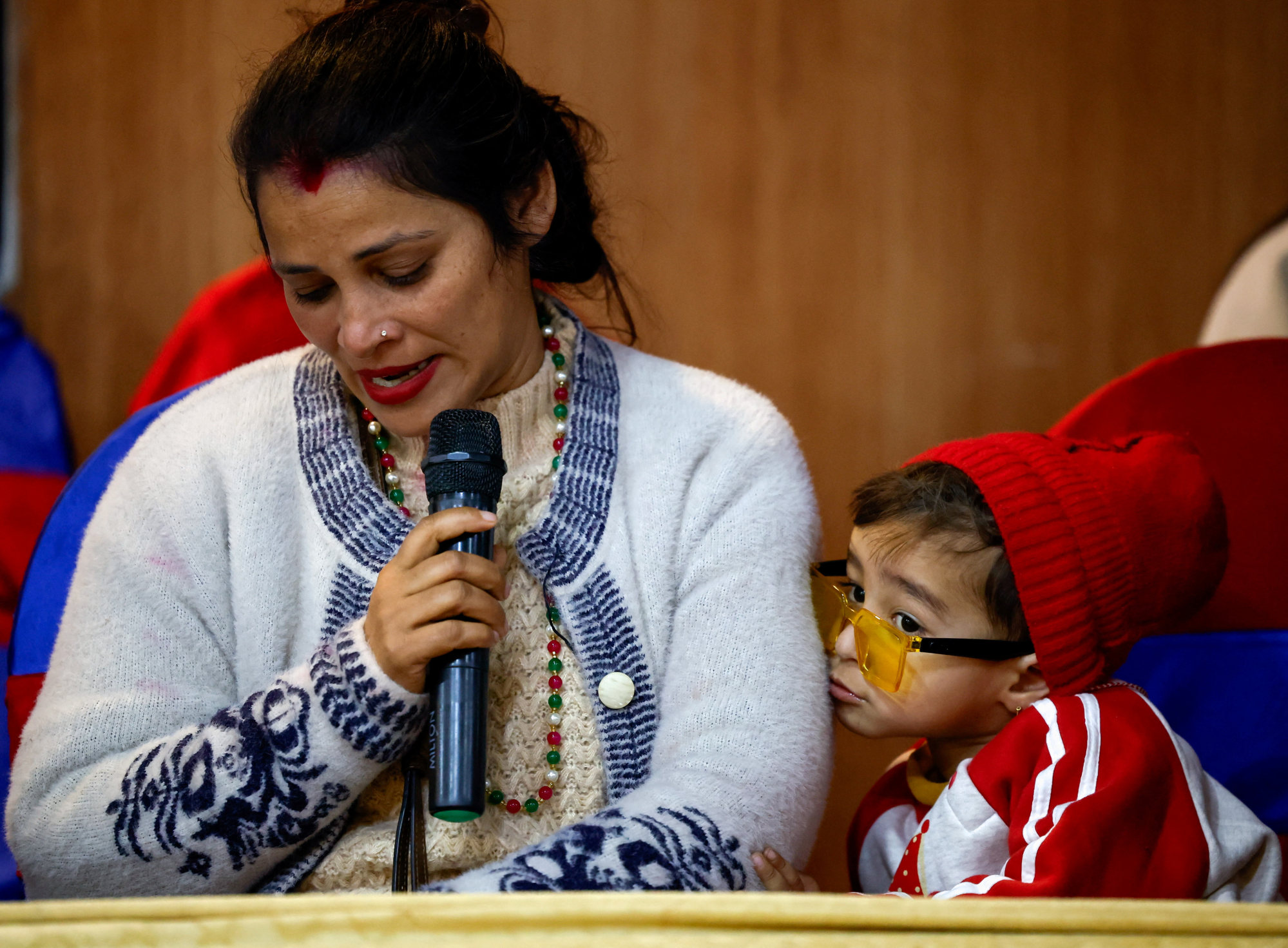
Tina Ghimire, whose husband has been out of contact since November 30, urged Nepal’s government to locate the missing.
“I don’t want the money, I just want my husband back,” she said.
In mid-February, Shree Man Gurung travelled more than 180km to Kathmandu from Lamjung to seek answers about the whereabouts of his son, Sajan, 32, who joined the Russian army in September without telling his wife and parents.
Initially, Sajan called home every week. But the phone calls stopped in late December and then weeks later Gurung received a message on January 14 about his son’s death.
Gurkha granddaughter’s art project honours stories of Nepali soldiers’ wives
Gurkha granddaughter’s art project honours stories of Nepali soldiers’ wives
Gurung said one of the Nepali returnees from Russia had also confirmed Sajan was killed in a battle, though the family does not want to believe it.
“They still hope Sajan will come back,” said the teary-eyed father. “Sajan was such an honest man, always smiling. I hope the government at least confirms his death so we have closure.”
For now, Gurung’s memories of Sajan are limited to his photos and WhatsApp messages. His last call was on December 28, but there were network issues.
“I cannot hear anything,” his father texted back.
Sajan never replied.
